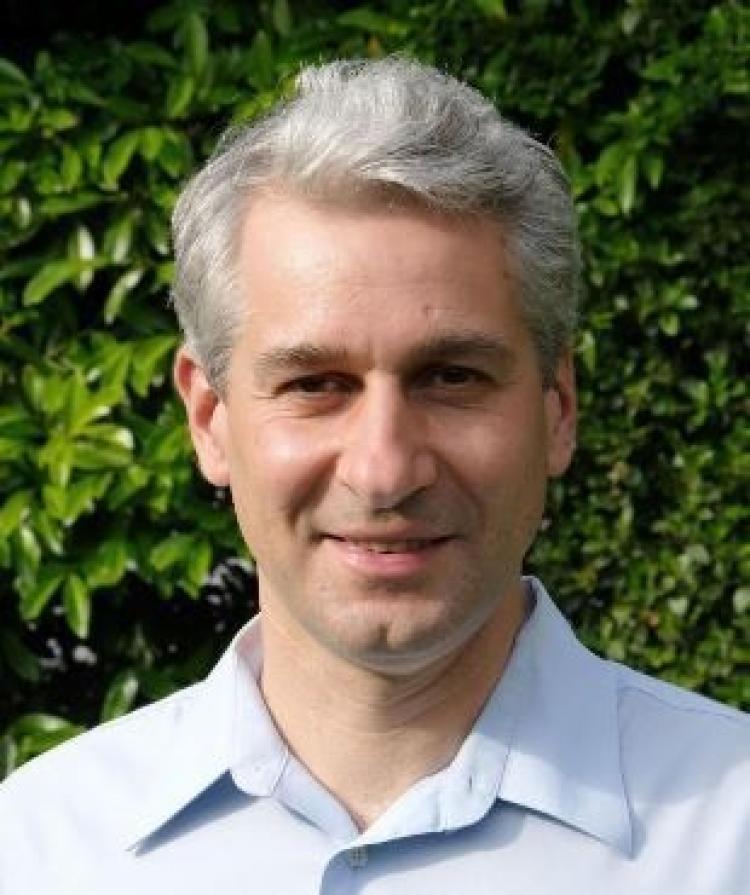Watch: Can biological materials inspire better engineering materials?

Francois Barthelat
Department of Mechanical Engineering Professor Francois Barthelat:
Can seashells, fish fins and other biological materials inspire better engineering materials for the future?
Abstract: Current progress in materials science allows us to manipulate the chemistry and micro-architecture of engineering materials towards desired properties. Still, no matter how skilled we are at these techniques, we cannot compete with the advanced materials made by nature for eons. Can nature teach us new tricks to improve the design and capabilities of engineering materials? The answer is a resounding yes and interestingly, some of these tricks are quite counterintuitive.
In this webinar, Professor Francois Barthelat will discuss how patterns of weak regions within mollusk shells and teeth actually makes these materials extremely tough - which inspired his group to create a new type of toughened glass. He will also demonstrate how smaller is not necessarily stronger for fish scales, which inspired new flexible protective gloves, and how the complex structure and mechanics of fish fins could inspire the next generation of soft robotic materials.
Bio: After obtaining his PhD from Northwestern University in 2006, Professor Barthelat founded the Laboratory for Advanced Materials and Bioinspiration at McGill University to explore key structures and mechanisms in natural materials, and to develop new bioinspired, high-performance materials. In 2019 he moved his research activities to CU Boulder. His methods combine theoretical mechanics, numerical modeling, optimization, fabrication and experimental mechanics. Barthelat and his students have discovered new deformation and fracture mechanisms in biological materials including bone, mollusk shells and fish scales. Recently they have also started to explore the mechanics of fish fins as inspiration for next generation morphing materials, and of granular assembly as a pathway to high-performance engineering materials. In parallel, they have pioneered new bioinspired materials designs and innovative material fabrication methods which they are now implementing in engineering applications.
[video:https://www.youtube.com/watch?v=ffzW3fZIC1E]

